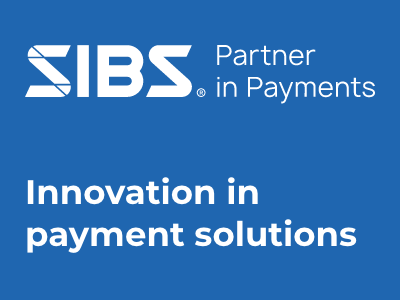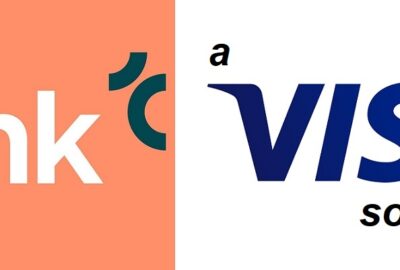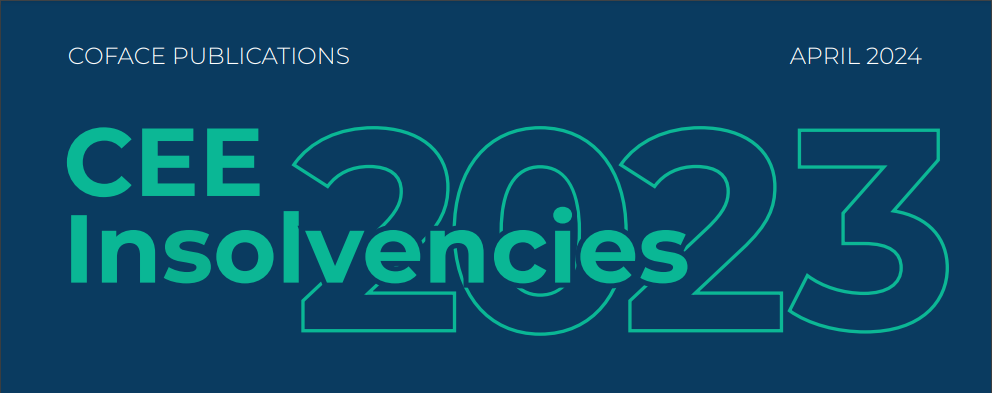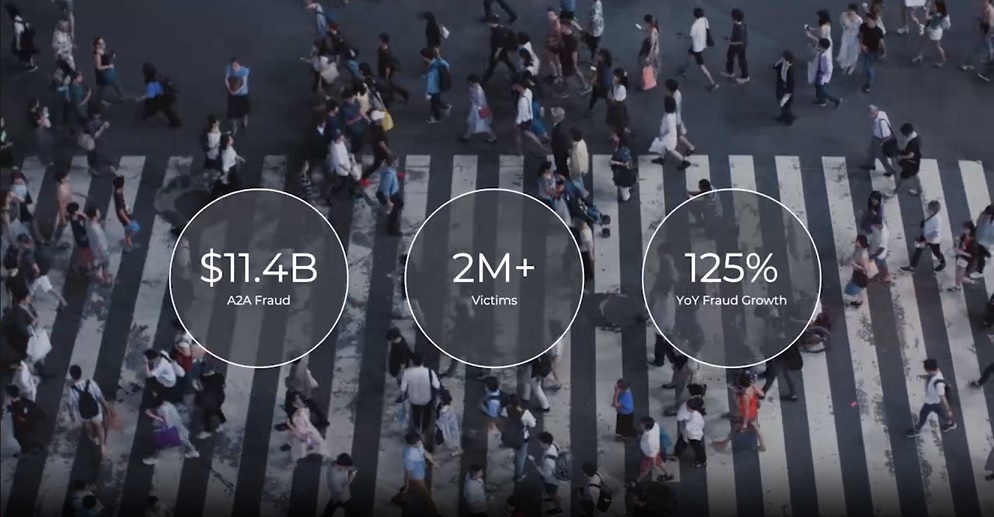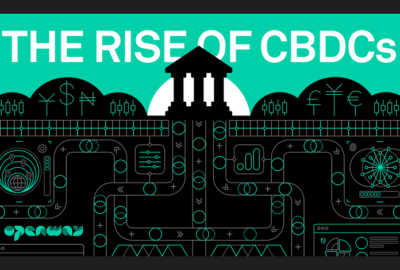New EU Rules for Crypto Assets Services Providers: MiCA Regulation (II)

This article is part of a series of articles on the draft MiCA Regulation (new EU rules on the issuing of crypto-assets and the related crypto-assets services) written by Tudor Nistor, lawyer specialized on fintech & payments.
In my previous article I have discussed about few important things, such as the scope of MiCA, categories of regulated “crypto-assets”, the issuers of e-money tokens (stablecoins pegged to a fiat currency) and others.
The purpose of this article is to provide you with basic info on the new categories of “crypto-assets services” regulated by MiCA, authorization requirements for the providers of such services and other relevant aspects.
I. CRYPTO-ASSETS SERVICES
The article is relevant especially for the providers of crypto-assets services (CAS). This includes providers of one of eight types of crypto-assets services as defined in MiCA:
1. Custody and administration of crypto-assets on behalf of third parties
safekeeping or controlling, on behalf of third parties, crypto-assets or the means of access to such crypto-assets, where applicable in the form of private cryptographic keys
2. Operation of a trading platform for crypto-assets
managing one or more trading platforms for crypto-assets, within which multiple third-party buying and selling interests for crypto-assets can interact in a manner that results in a contract, either by exchanging one crypto-asset for another or a crypto-asset for fiat currency that is legal tender
3. Exchange of crypto-assets for fiat currency that is legal tender
concluding purchase or sale contracts concerning crypto-assets with third parties against fiat currency that is legal tender by using proprietary capital
4. Exchange of crypto-assets for other crypto-assets
concluding purchase or sale contracts concerning crypto-assets with third parties against other crypto-assets by using proprietary capital
5. Execution of orders for crypto-assets on behalf of third parties
concluding agreements to buy or to sell one or more crypto-assets or to subscribe for one or more crypto-assets on behalf of third parties
6. Placing of crypto-assets
the marketing of newly-issued crypto-assets or of crypto-assets that are already issued but that are not admitted to trading on a trading platform for crypto-assets, to specified purchasers and which does not involve an offer to the public or an offer to existing holders of the issuer’s crypto-assets
7. Reception and transmission of orders for crypto-assets on behalf of third parties
the reception from a person of an order to buy or to sell one or more crypto-assets or to subscribe for one or more crypto-assets and the transmission of that order to a third party for execution
8. Providing advice on crypto-assets
offering, giving or agreeing to give personalised or specific recommendations to a third party, either at the third party’s request or on the initiative of the crypto-asset service provider providing the advice, concerning the acquisition or the sale of one or more crypto-assets, or the use of crypto-asset services
II. REQUIRED AUTHORIZATION
Any person that provides “crypto-asset services” on a professional basis should be considered as a “crypto-asset service provider” (CASP) and must be authorized as such by the national competent authority of the EU Member State where its registered office is located.
Also, where the CASPs themselves, or through a third party, provide payment services related to the crypto-assets service they offer, the CASP or that third party must be authorised as a payment institution as defined in PSD2 (why not also as an e-money institution authorised to provide payments services unrelated to e-money?! this shall be clarified).
Few important aspects:
. the CASP authorization/license will specify the authorized crypto-asset services and be valid through the entire EU (similar to the “passporting” regimes in other financial regulations – PSD2, EMD2 etc);
. the authorized CASPs will be listed in a register maintained by European Securities and Markets Authority (ESMA), which should include information on the entities authorized to provide crypto-asset services across the EU;
. third-country firms outside EU may freely provide crypto-asset services to persons established in the EU, provided that such services are provided at the own initiative of the client;
. where a third-country firm solicits clients or potential clients in the Union or promotes or advertises crypto-asset services or activities in the Union, it should not be deemed as a crypto-asset service provided at the own initiative of the client. In such a case, the third-country firm should be authorized as a CASP;
. the authorized credit institutions (banks) or the MiFID investment firms that undertake “CAS-like activity” should be allowed to provide crypto-asset services across the Union without another authorization.
III. AUTHORIZATIONS AND OPERATING CONDITIONS
Title V of MiCA sets out the provisions on authorisation and operating conditions of crypto-asset service providers.
Chapter 1 defines the provisions on authorisation (Article 53), detailing the content of such an application (Article 54), the assessment of the application (Article 55) and the rights granted to competent authorities to withdraw an authorisation (Article 56).
Chapter 2 imposes requirements on all crypto-asset service providers, such as: the obligation to act honestly, fairly and professionally (Article 59), prudential safeguards – own funds (Article 60 and Annex IV) (i.e., 50k to 150k Euro plus one quarter of the fixed overheads requirements (FOR) of the preceding year, as reviewed annually or insurance policy), organisational requirements (Article 61), rules on the safekeeping of clients’ crypto-assets and funds (Article 63), the obligation to establish a complaint handling procedure (Article 64), rules on conflict of interests (Article 65) and rules on outsourcing (Article 66).
Chapter 3 sets out requirements for specific services: custody of crypto-assets (Article 67), trading platforms for crypto-assets (Article 68), exchange of crypto-assets for fiat currency or for other crypto-assets (Article 69), execution of orders (Article 70), placing of crypto-assets (Article 71), reception and transmission of orders on behalf of third parties (Article 72) and advice on crypto-assets (Article 73).
Chapter 4 specifies the rules on acquisition of crypto-assets service providers.
!!! Here a strict rule on liability worth to be mentioned:
MiCA addresses (Article 67 (8)) the wide-spread losses in the crypto industry in very rigorous terms, providing that CASPs that are authorized for the custody and administration of crypto-assets on behalf of third parties shall be liable to their clients for loss of crypto-assets resulting from a “malfunction or hacks” up to the market value of the crypto-assets lost.
___________
The above article is based on the current draft form of MiCA Regulation. If the case, I will try to update the article in order to reflect any material modifications that MiCA may suffer.
Anders Olofsson – former Head of Payments Finastra
Banking 4.0 – „how was the experience for you”
„So many people are coming here to Bucharest, people that I see and interact on linkedin and now I get the change to meet them in person. It was like being to the Football World Cup but this was the World Cup on linkedin in payments and open banking.”
Many more interesting quotes in the video below:
